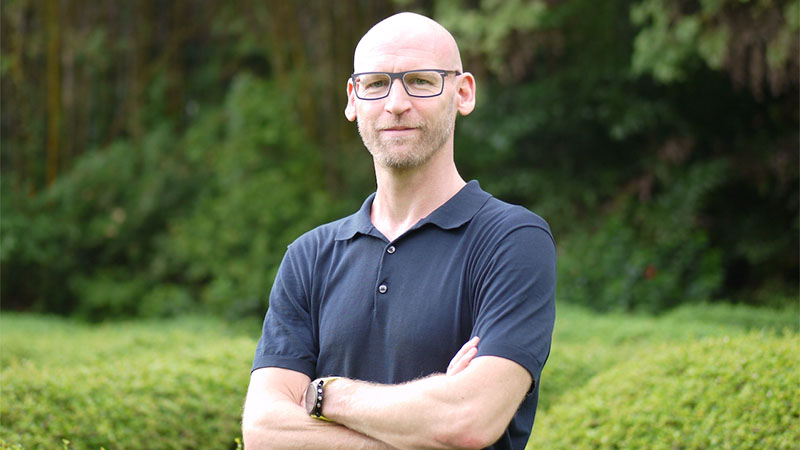When it comes to men’s mental health, dealing with low mood, inner unrest and anxiety often goes unseen even by those close to the men in our community. SEBASTIAN DROESLER of Counselling Hong Kong discusses male mental health challenges and how to combat them.
According to Sebastian, studies show expat workers present signs of anxiety, burnout and depression far more frequently than domestic workers. When asked to pinpoint what their lives lacked most compared to back home, expats talk about missing their friends and family, and the fact that they compete in a frenetic work environment.

For many of us, this common struggle results in a sense of exhaustion, loneliness, isolation and often guilt. Mental unease can then manifest in a variety of ways, including nervousness, withdrawing socially, shyness, homesickness, low mood and mood swings, lack of energy and insomnia.
Sebastian finds that men, in particular, are prone to feel alone and lonely and often don’t help themselves by making things worse. “Men react with unhelpful choices of self-soothing, like eating and self medication, including drinking”. He continues, “They tend to make unhealthy lifestyle choices, such as going to bed late and reducing their exercise”.
“In my practice, I see men attempting and failing to battle mood, stress and emotional episodes by themselves. Fathers, in addition, don’t want to burden their loved ones, which in turn makes it harder for those around them to spot the signs and to help. This means they suffer in silence. Some of them put on a brave face for fear of showing weakness and criticism.”
The most effective way of dealing with longer periods of low mood, anxiety and depression is a combination of a supportive close social fabric and the personal development and cultivation of inner strength.
Show Your Support
- Spouses, children and friends need to be vigilant and watch for symptoms.
- Showing affection and expressing gratitude, validation, empathy and acknowledgement is an integral component of mental health.
- “Keeping in touch” is key: It can be done digitally via social media, messages, email or through face-to-face contact and non-screen-activities that enable conversations.
- Physical touch is a powerful way to care. Men are more likely than women to feel they get less affection than they want. Typically, hugging and kissing are more central to the happiness of men than women.
- Support “me time” for men. Just in the same way as we dedicate time to a physical workout and a healthy diet, we also need to find time for men’s mental health care.
Do you know someone who needs help? Sebastian offers full fidelity, mindfulness based cognitive therapy programmes in which participants learn skills and practices to manage and prevent low moods, depression and anxiety, as well as an overall resilience to stress and negative thinking spirals.
Sebastian is a British-registered counsellor, psychotherapist and certified mindfulness teacher, who works with individuals, couples and groups in his practice in Central.
9640 8681 | sebastian@counsellinghongkong.com
See more in our Health & Fitness section
Marathons, runs & races in the region
Hard truths about a silent killer
This article first appeared in the October/November 2019 issue of Expat Living magazine. Subscribe now so you never miss an issue.






